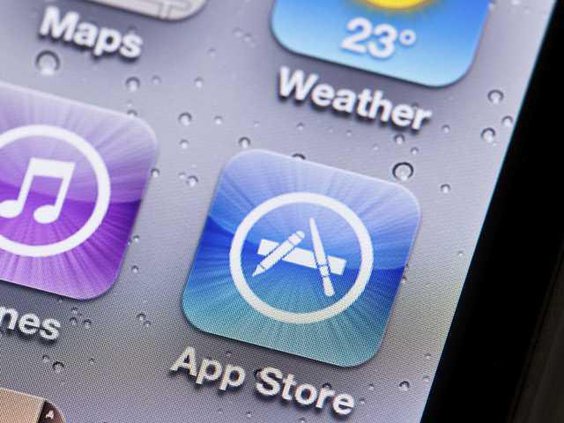![]() Apple recently demanded developers make mandatory changes to an app that is marketed to high schoolers, following a backlash from parents and educators.
Apple recently demanded developers make mandatory changes to an app that is marketed to high schoolers, following a backlash from parents and educators.
The app, "After School," uses location and Facebook data to determine which school users attend and displays messages posted from other students at their school. The app is completely anonymous," reports The Daily Dot.
The app's developers, Cory Levy and Michael Callahan, insist that their mission is to "provide a space for students to share gossip as well as important parts of their life they may be too shy or embarrassed to talk about otherwise," according to Re/code.
But the app has also served as a canvas for all sorts of inappropriate behavior by students. Several school districts "have sent home letters to parents and talked with students about the app (that) many have said includes explicit photos, videos and instances of bullying,"MLive reports.
"One user in Michigan posted that he/she was bringing a gun to school, resulting in a police and FBI investigation (thankfully the threat wasn’t credible)" Re/code reported. "(A) Michigan high school is petitioning to remove the app from the App Store all together."
The backlash against the app appeared to prove successful as "After School" disappeared from the App Store last week. Lass than a day later, it reappeared Thursday with updates.
"The app is still marketed to students and allows for the anonymous posting of messages. But an Apple spokesperson (says) that the developer made changes to prevent inappropriate and offensive content. The app now has a 17+ age restriction and users can flag content," reported Tech Crunch.
With the prevalence of hook-up apps and other sexual-based apps, one may be surprised to hear that Apple polices apps based on content.
"We will reject apps for any content or behavior that we believe is over the line. What line, you ask? Well, as a Supreme Court justice once said, 'I'll know it when I see it.' And we think that you will also know it when you cross it," states the Apple App Store Review Guidelines. The guidelines further clarify that "apps that present excessively objectionable or crude content will be rejected."
Apple refuses to offer uncensored versions of adult magazines in accordance with its strict nudity-free policy within the app store, The Huffington Post reports. Other apps that have been banned from Apple include an app "that (notifies) users of nearby police DUI checkpoints," and a "game that allows users to drive a truck full of immigrants through the desert."
Some users are skeptical of Apple's arbitrary guidelines determining which apps get the green light. "I’ve seen all sorts of variants on the adage 'We reserve the right to refuse service' — again, generally a good thing when it involves removing the drunk and belligerent. But stores have also carried signs like 'We cater to white trade only.' A storekeeper’s prerogative isn’t unassailable," wrote Matt Peckham in Time.
"Sometimes the outlets through which we purchase goods or services — traditional or digital — get the rules badly wrong, and sometimes only time and reflection allow us to see why.”
However, one reader in Computer World argues, "Just because a store/company doesn't wish to carry a certain product does not make it censorship. Walmart does not carry any music that comes with a warning label for content, doesn't matter who it is or what type of music.
Should Walmart be forced to carry products it does not want to sell?"
The updates to "After School" didn't seem to change much, according to Matt Burns in Tech Crunch.
"High schoolers talking like high schoolers. … There was a touch of nudity in some of the pictures, but I couldn’t find a comment targeting another user in an offensive manner," he wrote. "Apple doesn’t let app producers get away with violating its terms of service, especially with displaying offensive material. I would expect the app to quickly disappear forever if reports continue to surface after (Thursday's) update."
Email: jpeacock@deseretnews.com Twitter: @thejoepeacock








